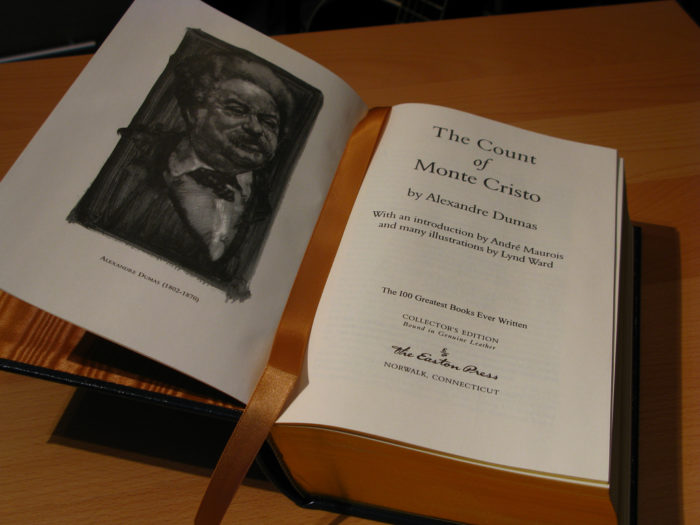Every Three Seconds
Have you ever clicked on one of those articles or blog posts that has an advertisement after almost every paragraph? I find it so annoying that I usually do not even finish reading the article. I want to just read without having my eyes–and attention–drawn away every three seconds.
I came upon one of these articles the other day and as I clicked off of it–deciding it wasn’t worth the frustration–a dread came over me.
I realized that I sometimes do this with my smartphone. It is the “advertisement” that pulls me away from my life every three seconds. Well, not literally, but you know what I mean.
I just read somewhere that smartphones are ruining our concentration and I believe it. We can’t pray, read, sit through a church service, or have a conversation with someone without looking at our phone every three seconds.
Sometimes I love my smartphone. It puts almost any information at my fingertips. It helps me stay in touch with my kids. It makes me feel safer. It’s great to have apps that help me memorize scripture or to organize my life.
But just as often I hate it. I hate what it has done to me. I hate how smartphones have changed our society.
Life is always about finding a God-honoring balance–even when it comes to our phones. But that balance can be hard to find, can’t it?
Is there anything in scripture that would help guide us in finding this balance? I believe there is. Let’s look–
1. Love the Lord thy God with all of our hearts, souls, strength, and minds (Mark 12:30). Loving the Lord isn’t some heady notion that doesn’t reach our fingertips. Our love for God–which is clearly to encompass all of our being–is shown in even small things like how we use (or don’t use!) our smartphone during Bible reading, prayer, and church. Don’t hear me saying that it is sinful to check your phone during these times. I am not suggesting that. But I do wonder if we shouldn’t consider how we can best please our Holy God during these sacred times.
2. Treat others as we would want to be treated (Mark 12:31). The other thing we can learn from scripture regarding our smartphones is that we are to use it around others in the same way we would want it to be used around us. Pulling it out and staring at it while someone is talking to us is just rude. We wouldn’t like that and we shouldn’t do it to others. (I am speaking as much to myself as I am to you! I have been very convicted about this recently!)
3. Share the Gospel (Mark 16:15). Another curious thing that has occurred with the arrival of smartphones is a remarkable decrease in conversation on the sidelines of games, in store lines, the airport, or at the doctor’s office. Places where we may have chatted with people years ago we now find, instead, most people with their eyes on their smartphones. This includes us. And yet we are to be telling others about Jesus. Again, nothing sinful with looking at our smartphones in the airport. But I do find myself wondering if we are missing opportunities to share the Gospel?
4. Meditate on the Word day and night (Psalm 1:2). I am not sure about you, but I find it a lot easier to pull out my smartphone and scroll through Facebook or Instagram when I have a few minutes than to memorize a verse or to spend time in prayer. The first one takes no brain power and so, if we aren’t careful, we can default to this very easily. Again, recognize that it isn’t a sin to scroll through social media. But–I will speak for myself here–when it becomes my default behavior to the exclusion of God and His Word, I see that I am not honoring Him as I should.
Smartphones are wonderful tools. When you actually stop and consider what they actually can do it is incredible! But, oh, how important it is that we maintain control of our smartphones instead of allowing them to control us. This is truly a modern-day challenge that none of us really expected. But now that it is here, let us strive to honor and please God always with how we use these powerful little devices.








